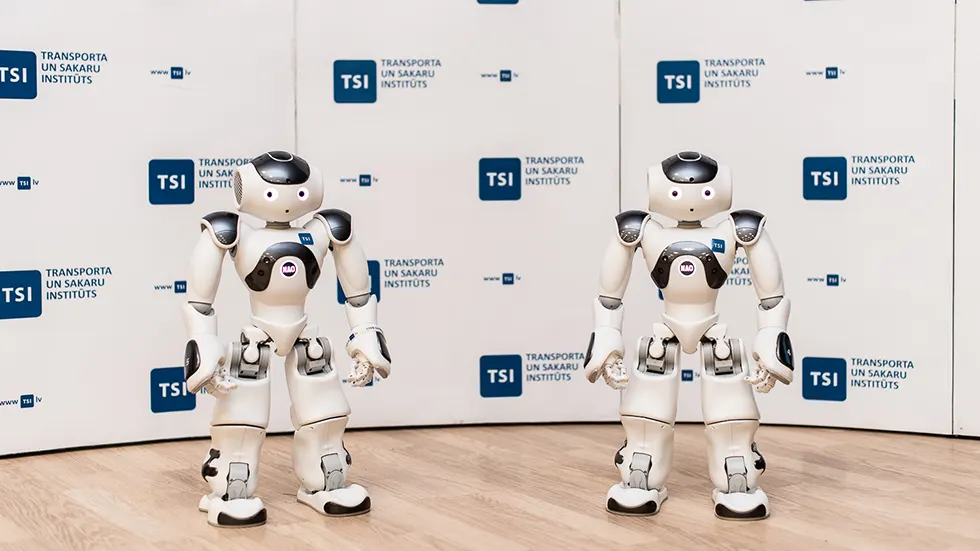In recent months, news portals and social networks are full of articles and reports about ChatGPT and other solutions based on AI (artificial intelligence).
Some ask to close access to this kind of resources, some predict total unemployment for certain groups of jobs. Students actively use ChatGPT in their academic activities and even defend graduation theses written using ChatGPT, which causes a certain “shock” and discussion in an academic field.
Currently, in academic and research circles, there are regular discussions around the world related to the ethics of using AI. In this context, subtle and sensitive ethical issues are not easy to resolve. But, if ChatGPT “helps” students, can it be useful for professors in academic activities?
At the monthly qualification development event, TSI staff members raised just such a question. Real examples of the use of such an intelligent assistant for professors and its practical application was demonstrated by TSI professors and directors of programmes related to AI (artificial intelligence) – Dmitry Pavlyuk and Boriss Mishnevs.
During the workshop, special attention was paid to security issues, the ethics of using AI and personal data protection. In addition, colleagues presented a useful selection of best practices from the world’s leading universities in the field. The development of documents to regulate the use of ChatGPT in TSI was also proposed. From a practical point of view, the most intriguing thing was the demonstration of ChatGPT capabilities, generating assignment questions for tests, writing reports on assignments, generating assignment variations, etc.
Whilst demonstrating the samples, the seminar participants also emphasized that even the materials obtained in this way require careful proofreading and critical evaluation. Long discussions of academic staff showed that this type of solution, including ChatGPT, is a new direction in the development of higher education and can help TSI to continue to transform and improve digitally.
As of the current moment, TSI researchers and professors participate in several projects that are aimed at the digital transformation of the university. For example, eMEDIATOR, AutoRade, DIGITEKA.
